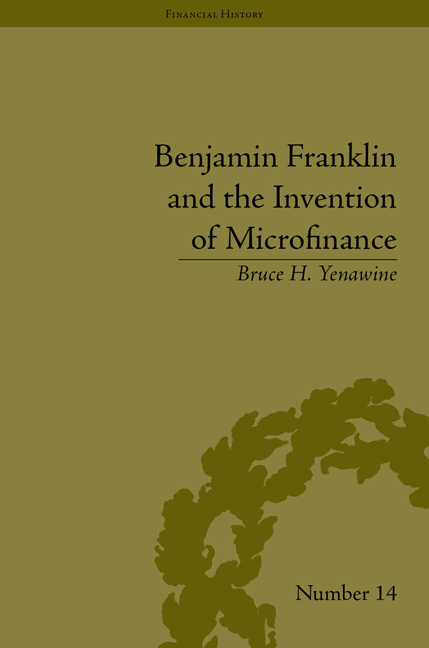Book contents
- Frontmatter
- CONTENTS
- Acknowledgements
- Biography of Bruce Yenawine
- Introduction
- 1 Franklin's Intent: The Autobiographical Origins of the Codicil
- 2 Franklin's Intent: The Sources of Political and Economic Concepts
- 3 Boston: The First Century
- 4 Philadelphia: The First Century
- 5 The Centennial in Boston and Philadelphia
- 6 Boston: The Second Century
- 7 Philadelphia: The Second Century
- 8 Bicentennial: Boston and Philadelphia
- Conclusion: Virtues in Conflict
- Appendix A Transcription of the 1789 Codicil
- Appendix B Boston Artisan List
- Appendix C Philadelphia Artisan List
- Appendix D Summary of Litigation and State Laws
- Appendix E Chronology
- Appendix F Franklin's Calculation and Actual Value
- Notes
- Works Cited
- Index
Conclusion: Virtues in Conflict
- Frontmatter
- CONTENTS
- Acknowledgements
- Biography of Bruce Yenawine
- Introduction
- 1 Franklin's Intent: The Autobiographical Origins of the Codicil
- 2 Franklin's Intent: The Sources of Political and Economic Concepts
- 3 Boston: The First Century
- 4 Philadelphia: The First Century
- 5 The Centennial in Boston and Philadelphia
- 6 Boston: The Second Century
- 7 Philadelphia: The Second Century
- 8 Bicentennial: Boston and Philadelphia
- Conclusion: Virtues in Conflict
- Appendix A Transcription of the 1789 Codicil
- Appendix B Boston Artisan List
- Appendix C Philadelphia Artisan List
- Appendix D Summary of Litigation and State Laws
- Appendix E Chronology
- Appendix F Franklin's Calculation and Actual Value
- Notes
- Works Cited
- Index
Summary
Thirty-six years before the writing of his codicil, in a letter written in 1753 to ‘a zealous Religionist’ whom he had aided, Benjamin Franklin shared his views about eternal life after death. Franklin was piqued by sanctimonious expressions of faith intended to curry God's favour in lieu of conduct which demonstrated ‘loving thy neighbour as thyself’. In this revealing correspondence Franklin established his reason for creating his testamentary trusts:
As to the Kindness you mention, I wish it could have been of more Service to you. But if it had, the only Thanks I should desire is, that you would always be equally ready to serve any other Person that may need your Assistance, and so let Good Offices go round, for Mankind are all of a Family.
For my own Part, when I am employed in serving others, I do not look upon myself as conferring Favours, but as paying Debts. In my Travels and since my Settlement I have received much Kindness from Men, to whom I shall never have any Opportunity of making the least direct Return. And numberless Mercies from God, who is infinitely above being benefited by our Services. These Kindness from Men I can therefore only return on their Fellow-Men; and I can only show my Gratitude for those Mercies from God, by a Readiness to help his other Children and my Brethren. […]
- Type
- Chapter
- Information
- Benjamin Franklin and the Invention of Microfinance , pp. 145 - 156Publisher: Pickering & ChattoFirst published in: 2014



